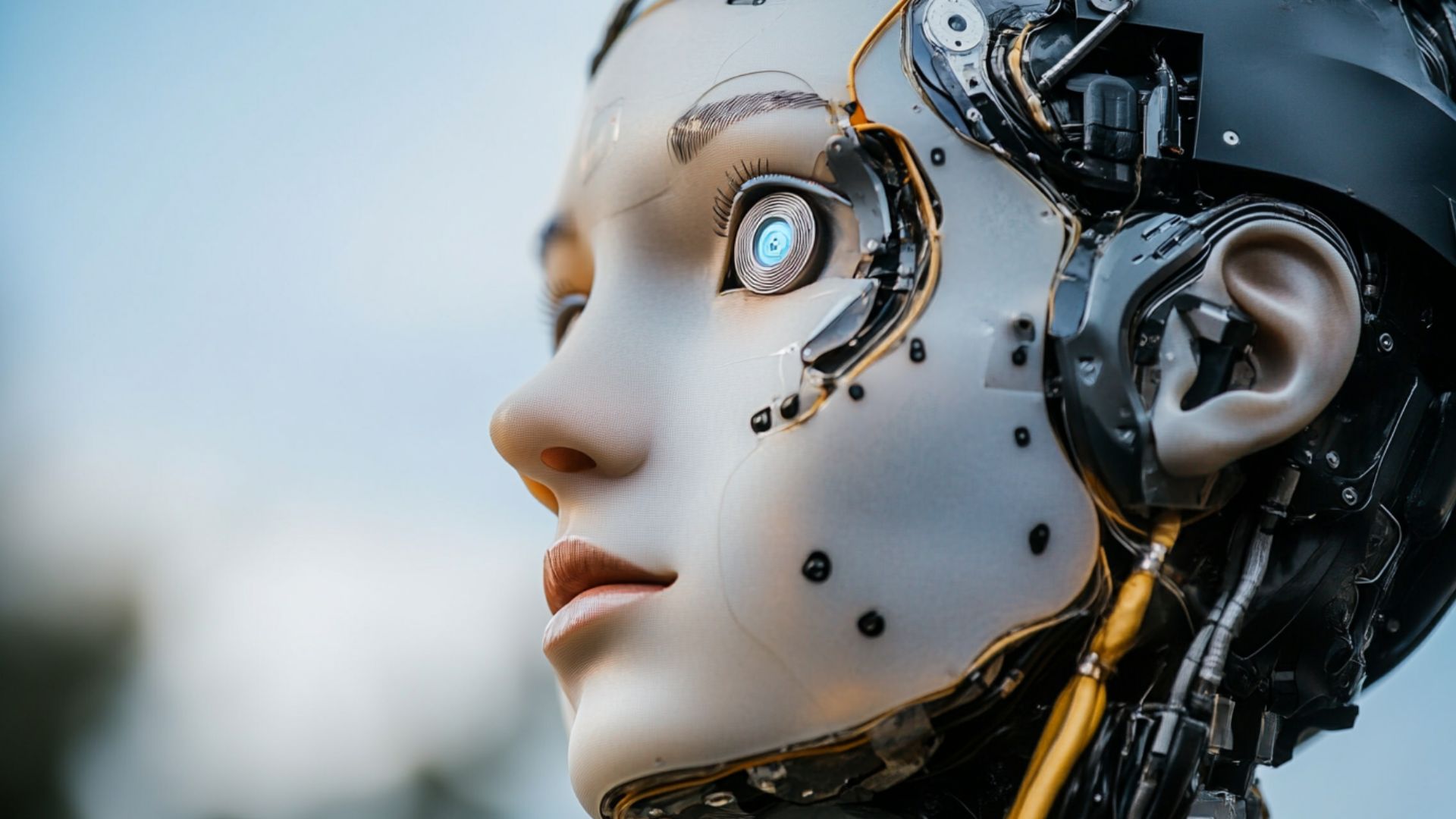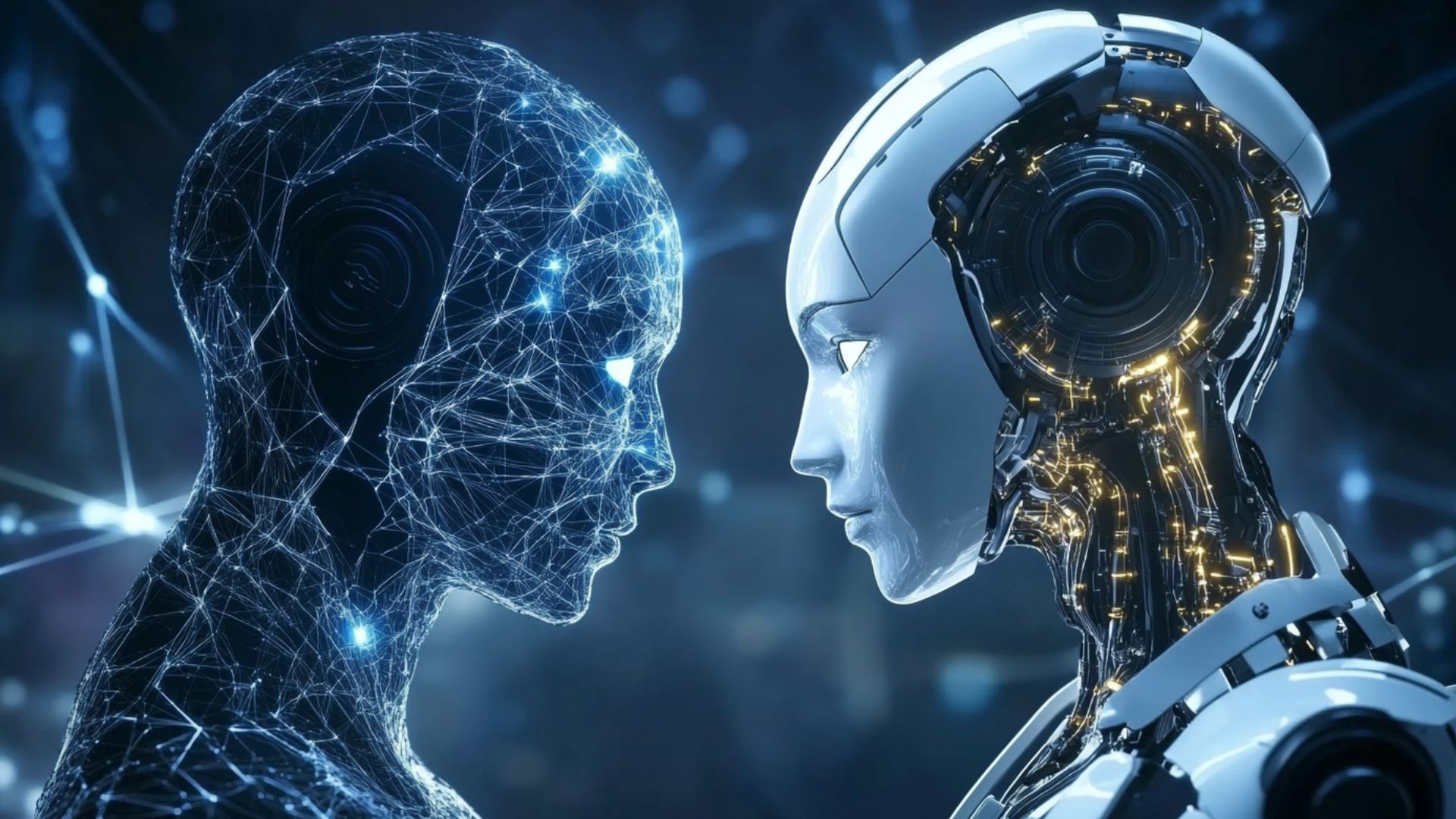Artificial Intelligence Shopping: The Future of Retail

The shopping world has undergone considerable changes in recent years driven by AI technologies. We will discuss this significant transformation. Artificial intelligence (AI) in online shopping reshapes how consumers interact with brands. It helps them to make purchasing decisions. AI impacts online and in physical stores. AI technologies range from personalized recommendations to automated customer service. They are making shopping experiences more efficient, intuitive, and tailored to individual preferences. Machine learning (ML) algorithms analyze vast amounts of data. They predict consumer behavior. It enables retailers to offer more relevant products and promotions in real-time. In-store, AI-powered systems enhance inventory management.
They optimize product placement and streamline checkout processes. The impact of AI is not just limited to enhancing customer experiences. It also extends to improving operational efficiencies. It reduces costs and creates new opportunities for businesses to innovate. AI continues to evolve. It is set to revolutionize online and in-store shopping further. AI offers consumers more innovative and more seamless ways to shop. It provides retailers with valuable insights to improve their offerings.
The Rise of AI in Online Shopping
AI is rapidly transforming online retail platforms. It enhances how shoppers browse, discover, and purchase products. Here's a look at the role of artificial intelligence in shopping:
- Personalization: AI enables retailers to create highly personalized shopping experiences. It analyzes customer data, including browsing history, preferences, and past purchases. This allows for tailored product recommendations and customized discounts. AI makes targeted advertisements. It increases conversion rates and customer satisfaction.
- AI-Driven Customer Service: AI chatbots and virtual assistants improve this aspect. They provide immediate assistance, answer questions, and resolve issues 24/7. These systems can handle many customer interactions, ensuring fast and accurate responses.
- Dynamic Pricing: AI helps shopping retailers adjust real-time prices based on various factors. They are demand, competition, and inventory levels. This dynamic pricing strategy ensures that customers receive competitive offers. It allows businesses to optimize profits.
- Product Search and Discovery: Advanced AI algorithms help shoppers to find suitable items. They perfectly match their preferences. AI-powered visual search tools allow users to upload images and find similar items. They enhance the overall shopping experience.
AI in shopping continues to evolve. It is reshaping the retail landscape. AI makes shopping smarter, faster, and more efficient for consumers and businesses.
AI-Powered Recommendations and Personalized Shopping
AI technologies have become a cornerstone of personalized shopping experiences. They drive shopping to new levels of sophistication. Product recommendations are one of AI's key strengths. AI can significantly enhance the consumer experience and retailer sales.
- Role of AI in Product Recommendations: AI systems can analyze large datasets ranging from customer interactions. Such systems include browsing habits, purchase history, and demographic information. AI can use this data to predict and recommend products. They match individual preferences. Artificial intelligence in shopping is revolutionizing. This makes it more efficient and enjoyable.
- How ML Algorithms Tailor Suggestions: They are the subset of AI. ML algorithms are at the core of personalized shopping. AI analyzes patterns in past behaviors. They are items viewed, purchased, and even abandoned in the cart. AI develops an understanding of which products customers might want in the future. These algorithms learn and adapt over time.
- Benefits of AI-Powered Guidance: Customers find the shopping process more engaging when presented with products they are likely to want. Retailers must suggest relevant products. They can boost their sales chances. Retailers encourage impulse buys and repeat customers.
AI for shopping is becoming more advanced. This technology will continue to redefine the shopping experience. AI will make it more innovative and tailored to individual needs.
Chatbots and Virtual Assistants in E-Commerce
AI-powered bots are becoming more common in the e-commerce industry. They revolutionize customer service and support. These AI-driven conversational agents provide quick and efficient assistance to users. They address various inquiries, from product information to order status updates. Chatbots leverage natural language processing (NLP) and machine learning (ML). They can understand user queries and offer personalized recommendations:
| Function | Description |
| Chatbots in Customer Service | Bots leverage NLP and ML. They automate and enhance customer service. They can quickly respond to common inquiries and provide product information. Bots even help with order placement and tracking. Chatbots offer 24/7 availability and consistent, personalized assistance. |
| AI Shopping Virtual Assistants | These assistants can be generally integrated into e-commerce platforms. They guide customers through the shopping experience. They can provide product recommendations. They offer style advice and help with routine tasks. These are comparing items and checking out. Virtual assistants improve engagement, conversion rates, and customer satisfaction. |
| Enhancing User Experience | Chatbots and virtual assistants streamline the customer journey. They reduce friction and improve overall user experience. Bots provide immediate assistance and anticipate customer needs. They create a more seamless and satisfying shopping experience. It keeps customers engaged and coming back. |
AI-powered bots and assistants enhance customer service. They improve product discovery and overall user experience. This is pivotal in e-commerce.
The Role of AI in In-Store Shopping

AI is increasingly enhancing the in-store shopping experience. It transforms how customers interact with retail environments. Shopping with AI streamlines processes and optimizes store management:
- AI-powered checkout systems: This is one of the most notable applications. It is the development of autonomous checkout systems. Using AI and computer vision, stores can offer frictionless checkouts. There, customers simply grab the items they want and walk out. They do it with automatic charge processing via their smartphones or in-store systems. This reduces wait times and enhances convenience.
- Personalized customer engagement: AI helps stores tailor interactions with customers. For example, in-store AI systems can analyze shopper preferences. They make customized recommendations based on their previous behaviors or purchases. AI systems improve the likelihood of a sale.
- Inventory management: AI plays a critical role in optimizing inventory. Using AI algorithms, track sales data and predict demand. Stores can maintain better stock levels and avoid overstocking or stockouts. This ensures that popular items are always available. They reduce waste and excess inventory.
- Smart mirrors: Retailers also use AI in shopping to create interactive experiences. Smart mirrors, equipped with AI, allow customers to try on virtual clothing or accessories. This is without physically changing. These mirrors use augmented reality (AR) and AI. They simulate how different outfits or colors would look. Such technologies offer a more personalized shopping experience.
- Improved customer insights: AI also enables retailers to gain deeper insights into their behavior. This happens through data analysis. They allow for more effective marketing and promotions. They are typically tailored to the needs of individual shoppers.
The role of AI is rapidly transforming physical retail spaces. It drives operational efficiency and enhanced customer experiences.
AI for Inventory Management and Stock Predictions
AI revolutionizes inventory management. It provides several key benefits, particularly in real-time tracking and demand prediction:
- Real-time inventory tracking: AI uses sensors, RFID, and IoT devices. They track stock levels in real-time. It provides continuous updates on product availability. AI ensures accuracy and prevents stockouts or overstocking. It detects discrepancies. AI allows quick action to rectify issues before they affect operations.
- Optimizing stock levels: AI recommends precise reorder points and quantities based on demand predictions. AI in shopping balances supply and demand. It minimizes inventory holding costs. AI maintains sufficient stock to meet customer needs. It enables dynamic stock adjustments. They meet fluctuations in shopping trends or market conditions.
- Predicting demand: AI analyzes historical sales data, customer behavior, and market trends. They forecast future demand. AI helps anticipate seasonal fluctuations or promotional impacts. It ensures optimal stock levels during peak periods. AI reduces the likelihood of overstocking or understocking. It improves cash flow and reduces waste.
Incorporating AI into inventory management enhances efficiency and reduces costs. It also improves customer satisfaction. AI online stores ensure timely product availability.
Enhancing Customer Engagement with AI In-Stores
AI is transforming in-store customer engagement. It provides personalized, efficient, and interactive experiences. A few key AI tools improve customer interactions in physical stores:
| AI tool | Function | Example |
| AI-powered kiosks | Provide personalized recommendations based on customer preferences and purchase history. | Shoppers can receive tailored product suggestions while browsing. |
| Smart shelves | Use sensors and AI to monitor stock levels in real-time. Alert employees when products are low. | Ensures shelves are always stocked with popular items. |
| Facial recognition | Offers personalized offers based on customer demographics and preferences. | A customer might receive a discount on a favorite brand. Shop with AI gives this possibility. |
| Virtual assistants/chatbots | Help customers find products or answer questions quickly. | Shoppers can ask for item locations or promotions. |
| AI-powered loyalty programs | Offers rewards based on customer behavior and purchases. | Frequent shoppers receive personalized discounts or gifts. |
These examples of artificial intelligence in online shopping are pivotal. They are being integrated into physical stores. It enhances the shopping experience. customers benefit from personalized offers and a seamless shopping journey. It leads to higher satisfaction and increased sales.
The Future of AI Shopping: Trends to Watch
AI technologies and shopping are evolving rapidly. It reshapes how we browse, select, and purchase products. Here are the key future trends. They will shape the future of AI-powered shopping in the coming years:
- AI-Powered Shopping Assistants: Virtual assistants will provide personalized recommendations based on browsing habits, preferences, and purchase history. AI will enable conversational shopping experiences. There, shoppers can interact with bots to find products and get advice.
- Virtual and Augmented Reality Stores: AI-powered virtual stores will offer immersive experiences. They allow customers to “walk through” a digital storefront. Augmented reality (AR) will enable shoppers to try products. They are clothing or furniture. customers may try them in their homes before purchasing.
- Hyper-Personalized Marketing: AI algorithms will analyze customer data. They will deliver targeted ads and promotions tailored to individual preferences. Dynamic pricing models will adjust prices in real-time based on demand, user behavior, and competition.
- Improved Customer Service: AI chatbots will resolve queries instantly. They reduce the need for human intervention. Predictive analytics will anticipate customer needs. It enhances the shopping experience.
- Ethical and Sustainable Shopping: AI tools will help consumers make more beneficial choices. It analyzes product origins and environmental impact.
- Seamless Omnichannel Integration: AI will unify online and offline experiences. It seamlessly transitions between in-store and digital shopping.
AI-powered shopping will redefine consumer behavior and streamline purchasing decisions. It will also offer unparalleled convenience. Businesses that embrace these trends will be in charge of this exciting new era of shopping.
Challenges and Opportunities in AI Shopping Systems

The rise of AI-powered retail is transforming the retail landscape. It comes with challenges and opportunities. Here are common challenges:
- Data Privacy Concerns: Collecting and processing large amounts of personal data is crucial. It raises consumer privacy and security issues.
- AI Ethics and Bias: Algorithms may unintentionally reflect biases. They lead to unfair or unequal recommendations.
- Technological Barriers: Implementing advanced AI online store solutions is vital. It requires significant investment in infrastructure and expertise.
Let's discuss the opportunities in AI shopping systems:
- Cost Reduction and Efficiency: AI automates inventory management and streamlines operations. It also minimizes errors, reducing operational costs.
- Boosting Customer Satisfaction: Real-time assistance and predictive analytics are essential tools. They ensure faster and more accurate responses to customer needs.
- Enhanced Experiences: Consumers can now go shopping with AI. They may enjoy personalized recommendations and virtual try-ons. customers also can try tailored promotions.
- Market Insights for Businesses: Advanced analytics allow retailers to predict trends. These insights help businesses understand consumer behavior. They also significantly improve decision-making.
The retail sector addresses these pivotal challenges. It can unlock the full potential of shops with AI systems. The retail industry creates more engaging and satisfying experiences for businesses and consumers.
Conclusion: AI as a Key Driver of Retail Innovation
AI technologies in online shopping are revolutionizing the retail industry. They offer unique options. Customers benefit from a seamless shopping experience. It reshapes consumer behavior and creates new business models. AI enables retailers to anticipate trends and meet customer needs quickly. The impact of AI in online shopping includes cost savings and improved decision-making. It also involves unmatched convenience. AI technologies continue to evolve. The possibilities for retail innovation are endless. They pave the way for a more connected shopping future. Contact Newo.ai to know more.


